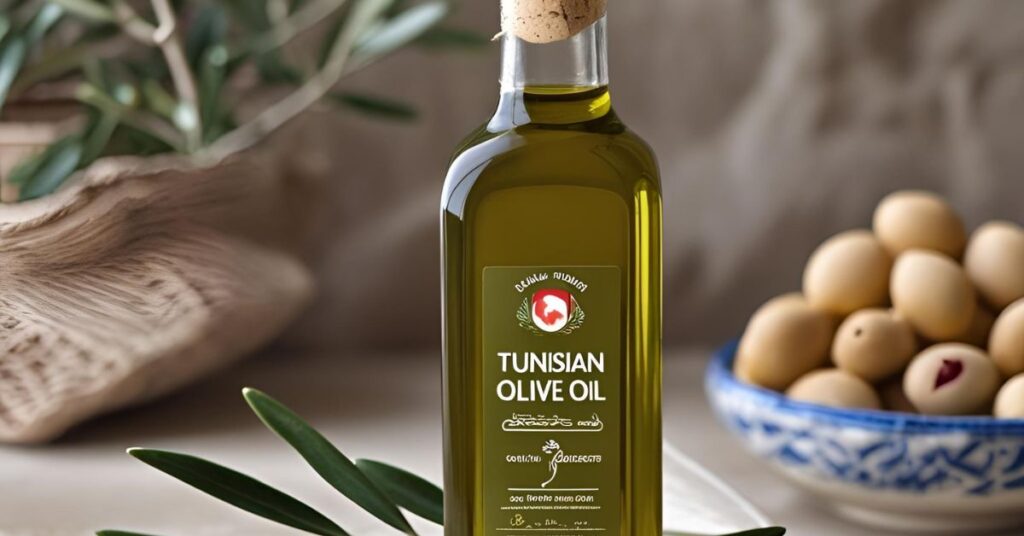
How Tunisian Olive Oil Is Competing with European Giants

For decades, European countries like Italy, Spain, and Greece have dominated the global olive oil market, becoming synonymous with quality and tradition. But a new contender has been steadily rising from North Africa — Tunisian Olive Oil. This sun-soaked country, with its ancient groves and rich agricultural history, is now turning heads in the world of premium olive oil. So how is Tunisia, a country often overlooked in the gourmet aisle, competing with Europe’s olive oil powerhouses?
A Legacy That Rivals Europe
Many don’t realize that Tunisia has been producing olive oil for over 2,500 years, dating back to Phoenician and Roman times. Olive trees cover nearly one-third of the country’s farmland, and some trees in Tunisia are over a thousand years old. This deep-rooted heritage is not just historical pride — it’s the foundation of a robust and growing industry.
From Bulk to Boutique
Historically, much of Tunisian Olive Oil was exported in bulk, often mixed and rebranded under European labels. In fact, a large portion of “Italian” olive oil on international shelves may contain Tunisian oil. But in recent years, a shift has occurred. Tunisia is now bottling and branding its own oils, winning international awards for quality and taste under names like Terra Delyssa, Les Moulins Mahjoub, and Olivko.
This move from bulk supplier to brand builder is a game-changer — and it’s working.
Quality You Can Taste
What’s behind Tunisia’s rising reputation? It’s not just savvy marketing. Tunisian olive oil, particularly from the Chemlali and Chetoui varieties, is known for its high polyphenol content (a marker of health benefits and shelf life), low acidity, and robust, peppery flavor.
In global competitions like the NYIOOC World Olive Oil Competition and the London International Olive Oil Awards, Tunisian producers are consistently taking home gold medals — often beating out European rivals.
Sustainable and Organic Practices in Tunisian Olive Oil
As global consumers demand more transparency and eco-conscious products, Tunisia is also stepping up in organic and sustainable farming. A large share of Tunisian olive oil is certified organic, thanks to the country’s naturally dry climate and traditional, low-intervention farming methods.
Government Support & Innovation
The Tunisian government, along with private cooperatives, has invested in modernizing mills, improving traceability, and promoting Tunisian olive oil abroad. Public-private initiatives have helped create quality control labs, promote PDO (Protected Designation of Origin) labeling, and facilitate access to international markets.
A New Destination for Olive Oil Lovers
Tunisia isn’t just exporting olive oil — it’s creating an identity. Culinary tourism is growing, with travelers visiting olive farms and participating in harvests. This is helping Tunisia not only sell olive oil but share its story — one that blends ancient tradition with modern ambition.
Final Thoughts about Tunisian Olive Oil
Tunisia may not (yet) have the brand recognition of Italy or Spain, but it’s proving that excellence has no borders. With award-winning oils, sustainable practices, and a unique flavor profile, Tunisia is no longer just the world’s second-largest exporter — it’s becoming a true global competitor in quality and taste.
Next time you’re shopping for olive oil, take a closer look at the label. That golden bottle from Tunisia might just surprise you.